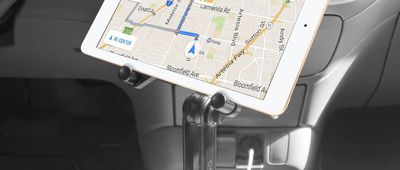Business Not as Usual
For generations, having a job meant traveling to an office or other workplace where we saw the same co-workers every day and the boss hovered nearby. The big break in the tedium might be a perfunctory gathering to watch a colleague blow out birthday cake candles, and working from home was a rare thing — maybe allowed if the weather was bad. But the coronavirus pandemic changed all of this seemingly overnight for many, and its effects continue to ripple through our lives. Read on for a quick survey of some workplace changes and ask yourself which ones you truly miss.
Related: Are You Required to Put Yourself in Harm’s Way? Know Your Rights When Returning to Work



















